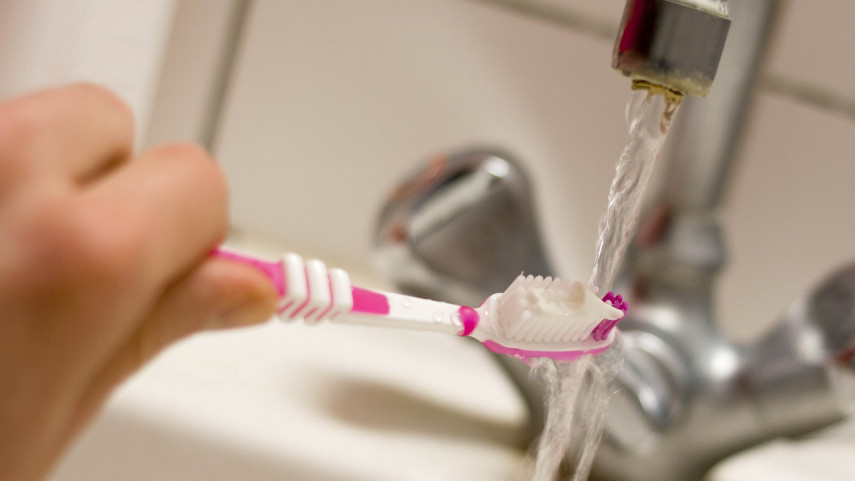
Fluoridating Christchurch’s water ‘costly and complex’

Share this story
Adding fluoride to Christchurch’s drinking water supply would be complex and costly, with initial estimates putting the capital outlay required at more than $60 million.
Additional operating costs are expected to exceed $2.5 million annually.
These costs are detailed in a new Christchurch City Council report outlining the implications for Christchurch of the Health (Fluoridation of Drinking Water) Amendment Act that came into force on 13 December 2021.
The Act gives Director-General of Health, Dr Ashley Bloomfield, power to direct local authorities to add fluoride or not to add fluoride to public drinking water supplies.
Christchurch does not currently add fluoride to its drinking water and the natural occurring levels of fluoride in the city’s drinking water supply are relatively low (less than 0.1 milligrams per litre).
The Ministry of Health has signalled that it will start issuing local authorities with directions to fluoridate from mid-2022 onwards but also indicated that a staged approach may be followed that aligns with the water reform programme. It has already requested information from Christchurch City Council on the costs and timeframes for adding fluoride to community water supplies that serve more than 500 people.
Next week, the Council’s Three Waters Infrastructure and Environment Committee will get a report summarising the information that Council staff and external advisors have provided to the Ministry.
In the report staff say that fluoride would need to be added to 49 high-pressure water supply pump stations in the city as well as at the Akaroa water treatment plant.
The Council’s 2021-31 Long Term Plan does not provide for fluoridation of the city’s drinking water supplies.
The report advises that a minimum of 44 months would be needed to implement fluoridation due to the complex scale of the work and also because the upgrades cannot happen simultaneously at all the pump stations.
It notes there is already a significant Three Waters capital programme and that the Council does not have the resources to add fluoridation on top of the other work it is committed to, without slowing down other high priority projects.
“The implementation of fluoridation in Christchurch will be extremely complex and costly. A considerable amount of funding would need to be secured in order to add fluoride to the Christchurch drinking water,’’ the report concludes.
